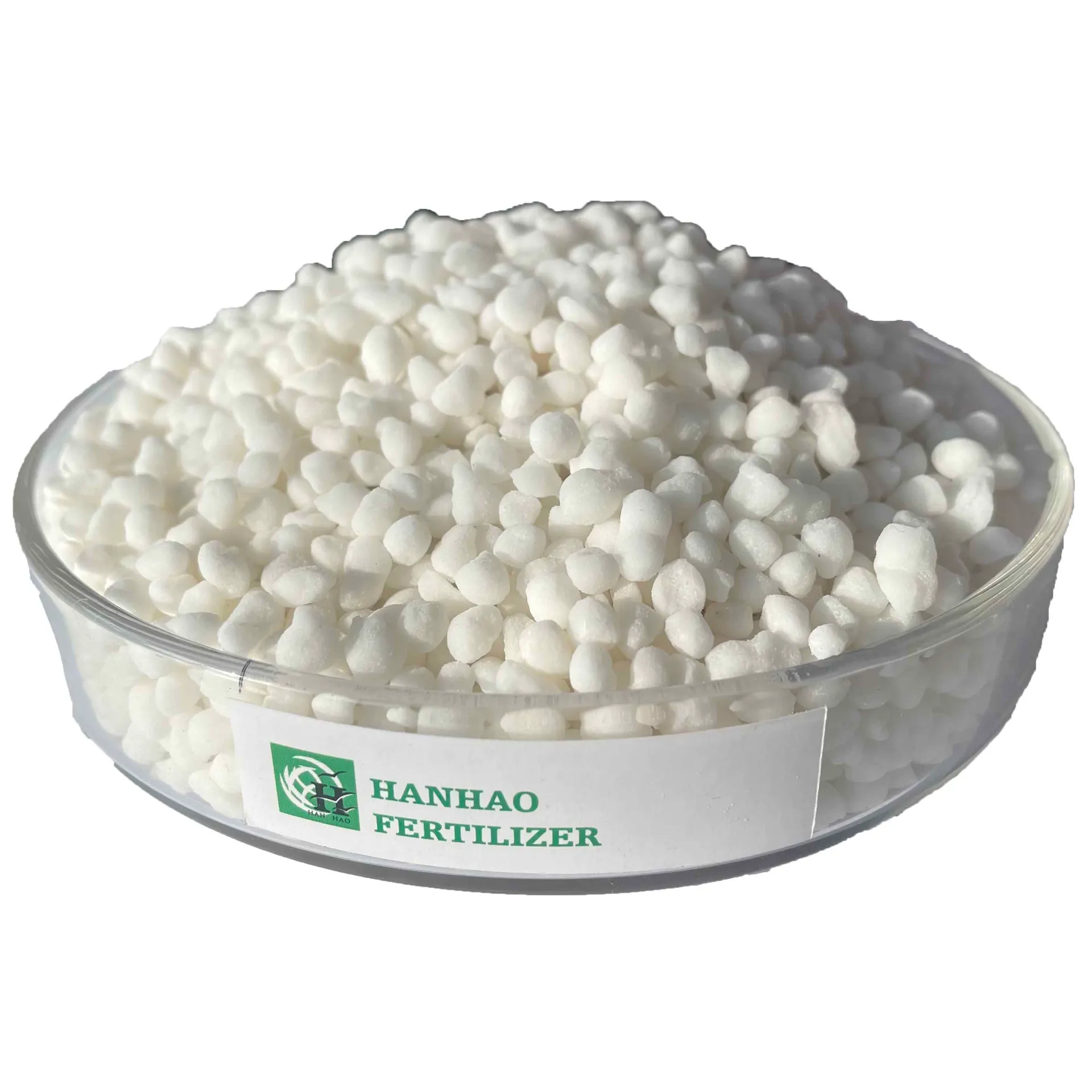
Oct . 06, 2024 17:51 Back to list
npk fertilizer for tobacco factory
NPK Fertilizer for Tobacco Production Enhancing Yield and Quality
Tobacco remains one of the most significant cash crops globally, and its production demands a meticulous approach to agronomy. One of the critical factors influencing the success of tobacco cultivation is the use of fertilizers, particularly NPK fertilizers. NPK stands for Nitrogen (N), Phosphorus (P), and Potassium (K), which are essential nutrients that play a vital role in the growth and development of tobacco plants.
Importance of NPK Fertilizers
Tobacco plants require a balanced supply of nutrients to achieve optimal growth, leaf quality, and yield. Nitrogen is crucial for vegetative growth, promoting lush foliage, which is essential for photosynthesis. This nutrient helps in the formation of chlorophyll, the green pigment in plants that captures light energy. Adequate nitrogen levels ensure robust plant growth, leading to an increased leaf count and size – attributes that significantly enhance yield.
Phosphorus, on the other hand, plays a pivotal role in root development and energy transfer within the plant. It is vital during the early stages of growth, promoting a strong root system that enables the plant to absorb water and nutrients effectively. Furthermore, phosphorus is essential for the maturation of tobacco leaves, influencing tobacco quality and flavor.
Potassium contributes to several physiological functions within the plant, including water regulation, enzyme activation, and photosynthesis. It ensures that the plant can withstand environmental stresses, such as drought and diseases. A proper supply of potassium leads to thicker leaves with a higher sugar content, ultimately enhancing the taste and burning characteristics of the tobacco.
Application of NPK Fertilizers
npk fertilizer for tobacco factory

When applying NPK fertilizers, it is crucial for tobacco farmers to consider soil health, crop rotation, and specific nutrient requirements based on soil tests. The choice of NPK formulation varies depending on the growth stages of the tobacco plant. For example, a higher nitrogen content is recommended during the vegetative phase, while an increased potassium level is necessary as the plant approaches maturity.
Farmers should also adopt a split application strategy, where fertilizers are applied in multiple doses throughout the growing season. This method ensures that nutrients are available when the plant needs them most, preventing nutrient leaching and promoting efficient uptake.
Sustainable Practices
While NPK fertilizers significantly boost tobacco production, sustainability must remain a priority. Over-reliance on synthetic fertilizers can lead to soil degradation and environmental pollution. Implementing integrated nutrient management practices, such as combining organic fertilizers with NPK applications, can enhance soil fertility while reducing chemical inputs.
Moreover, employing precision agriculture techniques can help in applying the right amount of fertilizers at the right time and place, mitigating the environmental impact. Monitoring soil health and adopting practices like cover cropping and agroforestry can further contribute to maintaining a sustainable tobacco production system.
Conclusion
In conclusion, NPK fertilizers play a crucial role in the successful cultivation of tobacco, enhancing both yield and quality. By understanding the specific nutrient requirements and employing sustainable practices, tobacco farmers can optimize their production while preserving the environment for future generations. As the demand for tobacco continues, the responsible use of fertilizers will remain a key consideration in the industry.
-
Premium Organic Manure Compost for Eco Gardens
NewsAug.01,2025
-
Organic 10-10-10 Fertilizer | Balanced Plant Nutrients
NewsJul.31,2025
-
Premium Amino Acid Fertilizer | Rapid Plant Growth Booster
NewsJul.31,2025
-
10 10 10 Fertilizer Organic—Balanced NPK for All Plants
NewsJul.30,2025
-
Premium 10 10 10 Fertilizer Organic for Balanced Plant Growth
NewsJul.29,2025
-
Premium 10 10 10 Fertilizer Organic for Balanced Plant Growth
NewsJul.29,2025
